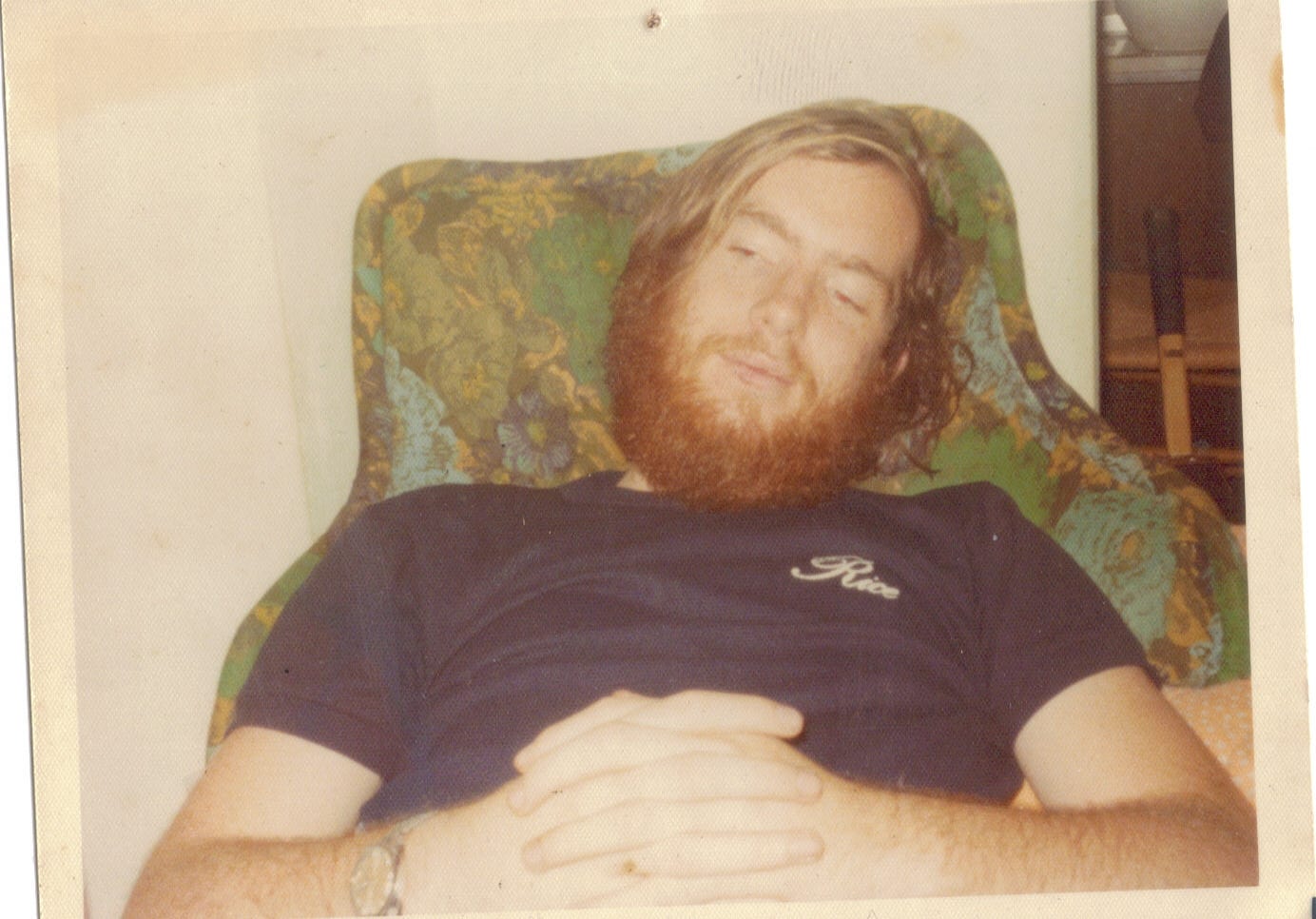This is the first piece of advice I give young journalists. It’s something I was taught never to do in 1977, when this picture was taken.
Be your own brand.
I was given this bad advice at Northwestern’s Medill School. Instead, I was told a journalist “is someone who works for someone who buys ink by the barrel.” This has since been changed to “bits by the gigabyte” but it remains true. Journalists are defined by who they work for. You are your job.
But it’s a one-way street. You can give your publisher all your loyalty and, should the needs of business demand it, you’ll still be on the street. The only way to protect yourself is to define your beat, to specialize, and become “the leading expert” on it. Then (and this is the hard part) monetize it.
This is the part of the new job journalists hate. I feel for you. I hate it, too. But if you want to make a living at this, you must do it.
This starts with social media but doesn’t end there. If you’ve gained expertise advertise it and become a source. Start a side gig, a blog or e-mail newsletter. Incorporate, and treat yourself as a business. This means that you can consider stepping over lines your j-school taught you never to cross, but which your publisher-employers crossed as easily as you walk across the street.
It used to be that the only alternative to a newspaper or magazine job was to go into PR or ghost write. That’s not true anymore. You can solicit advertisers or take money from politicians if you like. You can go on TV and spout off if you’re asked. You can do podcasts, send out your own press releases. You can mine your market, in any way you can, if you’re willing to take the risks that every other businessperson takes.
In this century we’ve already had two boomlets for self-employed writers. There was the blogging boom in the first decade of this century. There’s the current e-mail newsletter boom. In the current time one such journalist, a former tech analyst named Ben Thompson (above), has used the term “sovereign writer” to describe what’s available. Use systems like Substack, he says, but don’t let yourself be used by them. It’s good advice.
I used to think I was out of the way of my beat, covering technology from Atlanta. Thompson covers tech strategy from Taiwan. He’s also a Northwestern grad, only he went to the Kellogg Business School. He writes a newsletter and offers paid memberships. He has his own online community, and he does podcasts. He seems as happy as I am. But to make a living in the future, we’re what journalists must do to survive.
Be your own brand. Become your own business.





